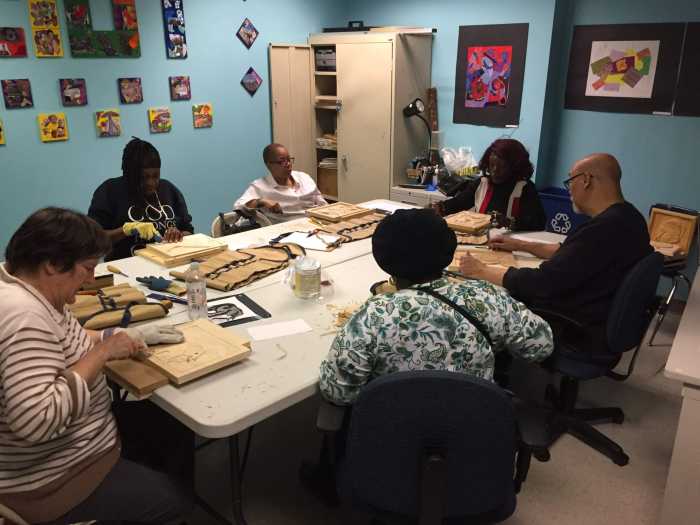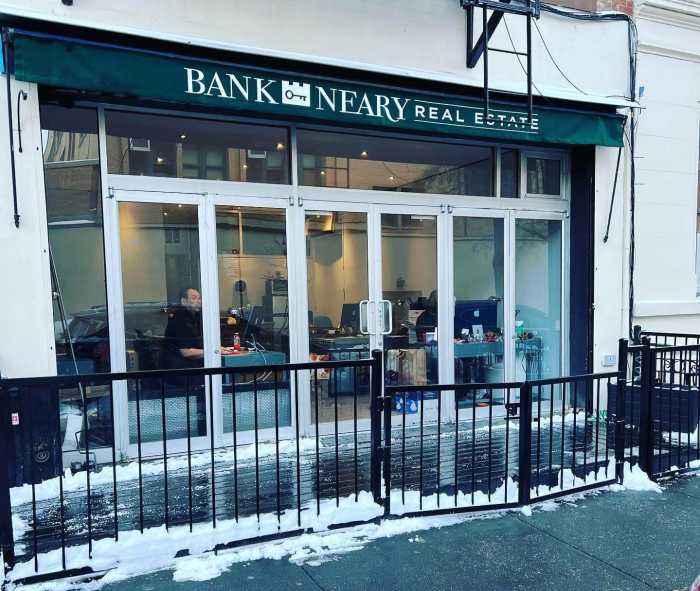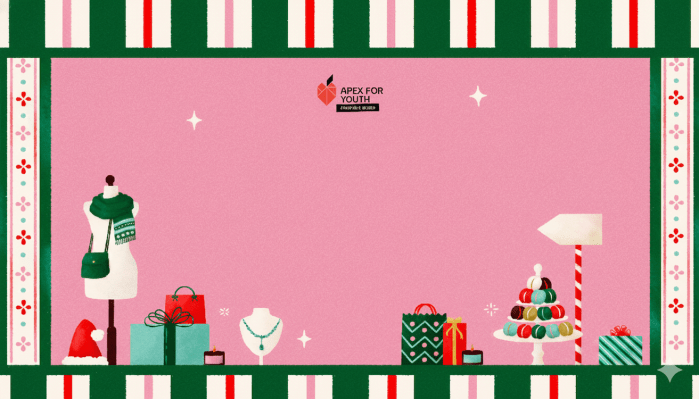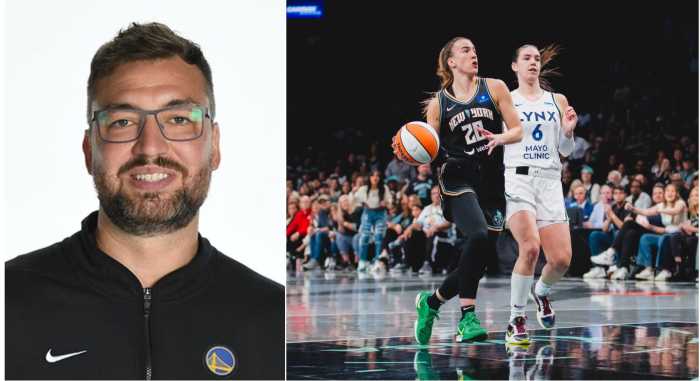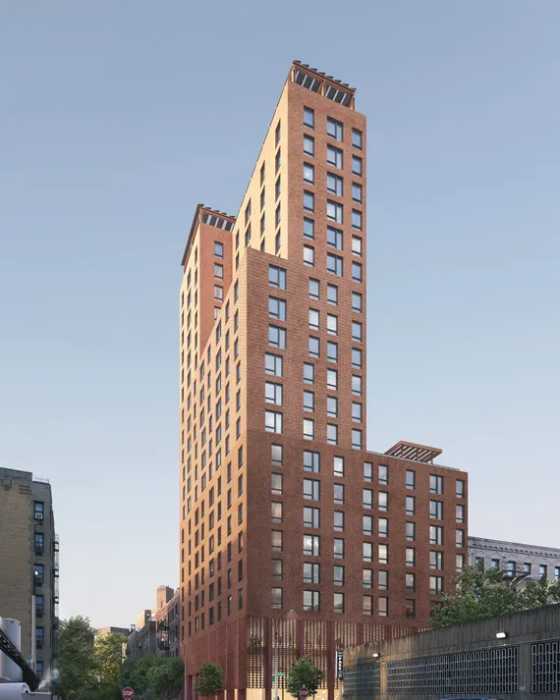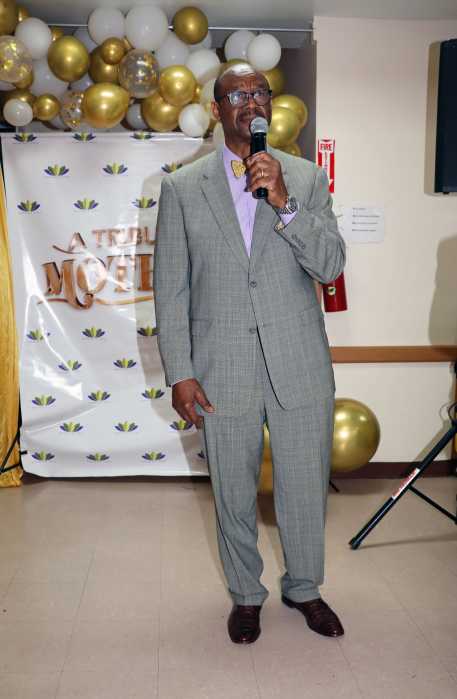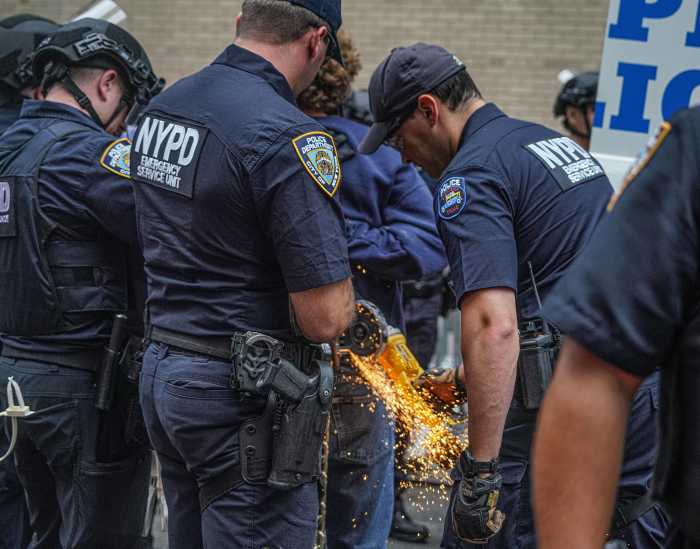The New York City Department of Health and Mental Hygiene announced that 63,000 doses of the monkeypox vaccine have been administered in the city, but officials are also pointing to racial disparities and vowing to dole out $5 million to community groups to address inequities in the next phase of the vaccine rollout.
The city has, for weeks, outlined demographic-related breakdowns of cases in the outbreak, which has been spreading mostly between men who have sex with men. But the effort to pinpoint the distribution of vaccine doses is being released for the first time.
The numbers on race/ethnicity revealed by the city compared the percentage of people who have been vaccinated with the share of the population of men who have sex with men and transgender, gender non-conforming, or non-binary individuals with multiple sex partners. That allows the data to reflect how many people have been getting vaccinated among the group of people who are eligible for the vaccine. For now, only the first dose of the two-dose Jynneos regimen is being offered in New York City.
Of note, Black New Yorkers have only accounted for 12% of doses administered so far, despite making up 31% of the population eligible to be vaccinated, representing the only listed group within the race/ethnicity category that has not matched its proportion of the population in vaccine distribution in New York.
Other groups have seen the opposite: Hispanic or Latino New Yorkers represent 16% of the eligible population and 23.3% of vaccinations, while Asian or Pacific Islander New Yorkers represent seven percent of the eligible population but 10% of all monkeypox vaccine shots. White people make up 45% of vaccinated individuals and 45.8% of the eligible population.
More shots have been administered in Manhattan — 29, 559 — than any other borough, followed by Brooklyn (18,057), Queens (9,106), the Bronx (3,377), and Staten Island (369). Another 2,860 shots were not tied to a particular location. According to health officials, disparities are also evident by borough: Queens has 16% of the population eligible for the vaccine, but 14.4% of vaccines have been administered there. And the Bronx has 10% of the population that could be eligible to be vaccinated, but just 5.3% of doses.
The city has already launched outreach campaigns to educate people about monkeypox at bars and nightclubs, health fairs, and community events. That effort has also included sending vaccine referrals to community-based groups.
But now, with statistics showing disparities, the department is spreading $5 million across two dozen groups across the city to improve in-person outreach and social media outreach while also developing materials to spread the word, according to city health officials.
“As a city, we have been able to mount a response to monkeypox that has achieved a speed, scale, and complexity of delivery seen nowhere else in the country, and that New Yorkers expect of us,” Health Commissioner Ashwin Vasan said in a written statement. “That said, we remain committed to making sure that those at highest risk of exposure to monkeypox have urgent and equitable access to vaccine, testing, and treatment — particularly LGBTQ+ Black and Latino New Yorkers who have long borne the brunt of racism and its’ intergenerational impacts on access to and quality of health care. We have more to do, and since the start of our campaign have worked with community partners and trusted providers to meet people where they are, with the resources they need.”
Among other new statistics, 1,167 people who identify as straight have been vaccinated, along with 3,431 people whose sexual orientation is defined as “unknown.” By gender, the vaccines have been administered to 54,734 men, 3,888 gender non-conforming or non-binary folks, 496 trans men, 969 trans women, 1,389 women, and 1,503 whose gender was listed as “unknown.”
The 25-34 age group has received 27,380 doses, followed by 16,505 doses among the 35-44 age group and 7,335 doses among those between the ages of 45 and 54. Nearly 5,000 shots have been administered to people 55-64 years of age, 1,246 shots have been given to people 65-74, and 17 shots have been given to people 80 years or older.
New York City has counted 2,549 cases of monkeypox as of August 18.




